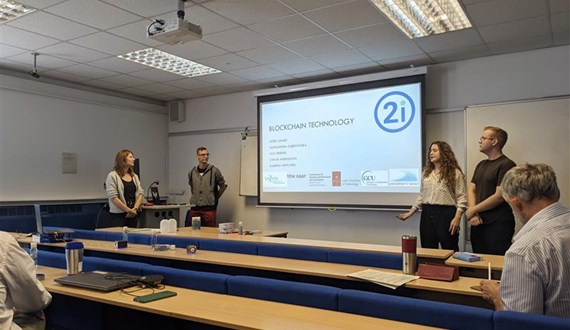
Kash joined us as our first trainee software tester a few months ago. After spending time shadowing a test team, he is now putting his new found skills into action and quickly learning the tricks of the trade. In this blog post, Kash highlights 5 important things that have helped him on his way to becoming a software tester.
1) Ask questions
Irrespective of experience, asking questions is the best way to understand the tool/app/website you are testing. Your preliminary source of knowledge when starting on a new project should be the specification document(s). However with the popularity of agile projects, it is common to find very limited, traditional documentation or sometimes no documentation at all. So asking questions not only improves your understanding of the task at hand, but it challenges the developer to think aloud as to why they built something a specific way, and occasionally that in itself can surface defects/improvements to the code.
2) Ensure the Dev team UNIT test their code before it’s handed over to you
In order to carry out system testing, the developer must have tested their code before passing it on. This ensures fundamental tests have been completed. System testing before Unit testing would therefore be premature and likely to result in finding defects later in the Development Lifecycle.
3) Build a good relationship with the project team
Communication is vital in achieving a shared goal and delivering customer expectations. That means building positive relationships with all members of the project team such as the developers, the project manager, the business/systems analysts as well as the end customer and stakeholders. It is also important to build healthy internal relationships within the test team as this ensures you work more efficiently and co-ordinate your requirements with rest of the project team.
4) Evidence your testing and create traceability
The ability to reference test results or defects can be of paramount importance later on in the project lifecycle. It is therefore important to document tests and results whether that is via a recognised traceability tool such as HP Quality Centre or simply by using an application at your disposal.
5) Work smarter, not harder
One of the most common mistakes testers make is to make the execution of the tests their primary focus and thus the majority of their time is spent carrying out those tests.
You may have heard someone say, it’s all in the preparation. Well this statement couldn’t be truer when it comes to testing. Good analysis can whittle down the number of test cases needed in order to cover the same scope. So it is hugely important to do the hard work up front which in turn makes the execution a lot easier and less time consuming and guarantees the right tests are run ensuring the correct test coverage.
Why work harder when you can work smarter?
You've heard Kash's helpful tips. Why not share your thoughts on what helped you to become a software tester?



